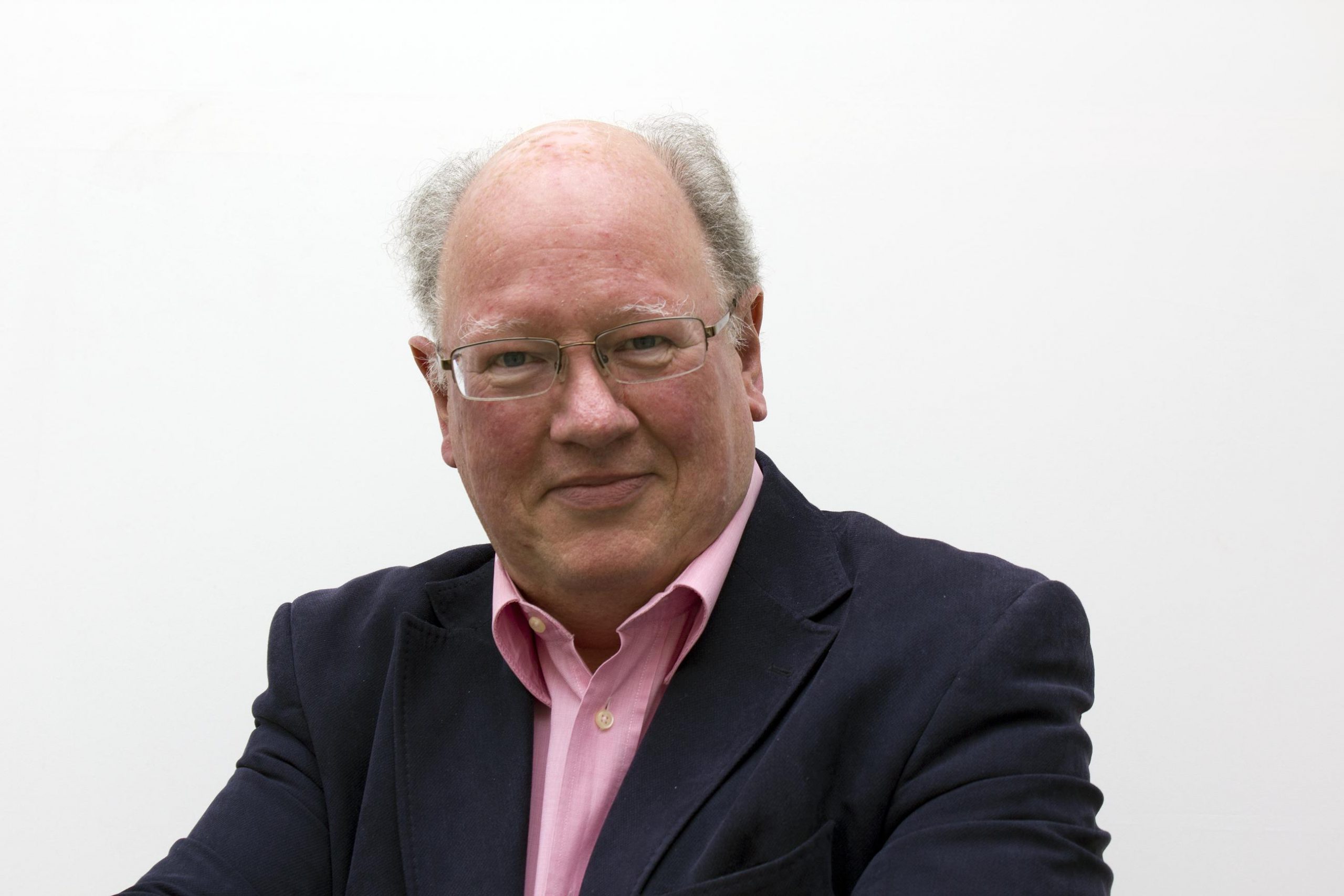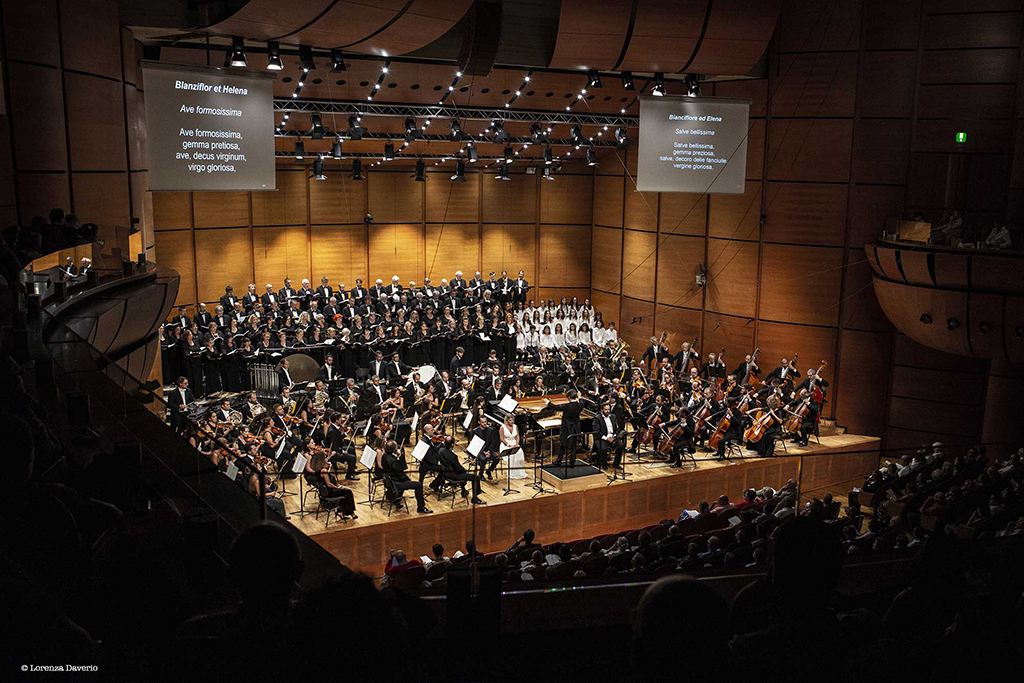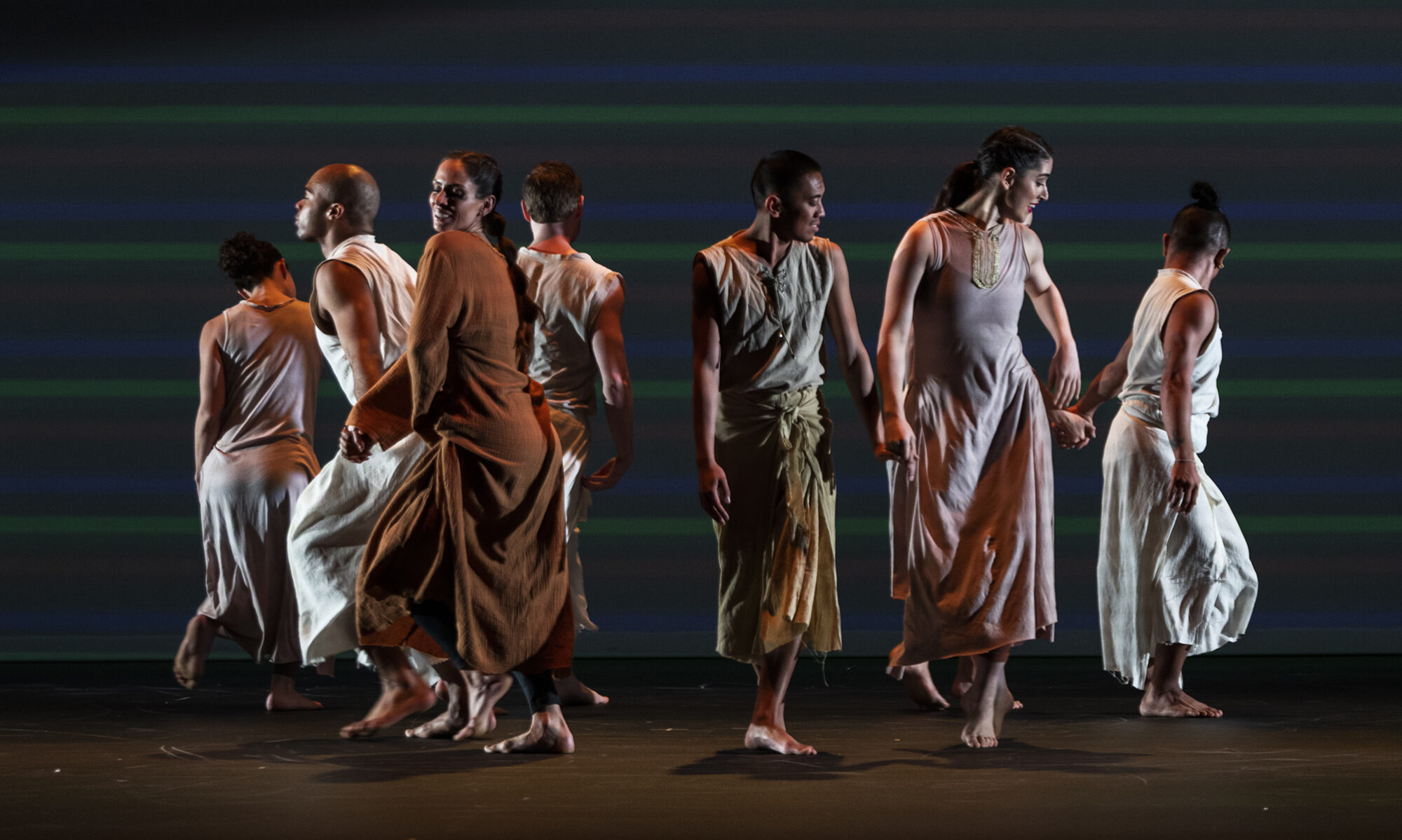First Festival Anniversary
 Simon Mundy is a writer presently living in Scotland. Mainly a poet, he has also written novels, plays, biographies and a lot of arts journalism.
Simon Mundy is a writer presently living in Scotland. Mainly a poet, he has also written novels, plays, biographies and a lot of arts journalism.
He has been Vice-President of the Writers for Peace Committee of PEN International and has advised on cultural policy all over the world for UNESCO and the Council of Europe. He was cofounder of the European Forum for the Arts and Heritage (now Culture Action Europe).
Fifty years ago last summer I and a school friend travelled from London in August to visit the Edinburgh Festival for the first time. I was just 18 and the week of music was both a birthday present from my grandmother and congratulations from my mother for successfully (just!) getting through A Levels, my final school exams. In those days Oxford and Cambridge held their own entrance exams in the Autumn, which my friend, James Robbins, was taking. I was not but the decision was made to leave me at school for an extra term; a good one, it transpired, because I learned more and performed more as an actor in those 12 weeks than in the whole of the rest of my education, I think.
James and I were already classical music devotees, regulars as much as we could be at the Royal Festival Hall and the newly rebuilt St. John’s Smith Square, which stands just two streets away from our school at Westminster. I could see its four corner spires from my study-bedroom. While James lived in Wimbledon, I lived fifty miles south, in rural Sussex, so getting to concerts in the holidays was more complicated for me to organise. We were, I suppose, considered a bit weird by our contemporaries. I refused to wear the ubiquitous jeans and equally refused to listen to Pink Floyd, Hendrix or any of the other rock music greats, though I do confess to possessing three albums by the Beatles; good songwriting got through, whatever the genre. I am marginally less judgemental these days but not much.
In Edinburgh we had some form of season ticket, I suspect, because we went to concerts morning and evening all week. The morning concerts were held in the Freemason’s Hall on George Street in the New Town. It is not used for them now because the Queen’s Hall in the South of the city has taken over as the main chamber music venue. The Freemason’s had excellent acoustics for piano and string quartets, though it lacked the front of house facilities that would have made it more welcoming. The evening concerts were, as they still are, held in the Usher Hall, nestling below the Castle mound, built by a brewer who went puritanical and refused to allow drink into the building for ever. To get something fortifying in the interval, the Shakespeare tavern across the road did the honours.
Strangely the Edinburgh International Festival does not seem to have all its past programmes available online, and my own copies are in a storage container out of reach, so I cannot check my memories or go into too much detail. One concert stood out above the rest, however, and luckily it was recorded by Deutsche Grammophon and is still in the catalogue. Daniel Barenboim, then a startling young conductor of 29, led a wonderful cast of Edith Matthis, Dietrich Fischer-Dieskau, the Edinburgh Festival Chorus and the London Philharmonic Orchestra in Brahms’ A German Requiem. I was completely blown away by the depth of sound in the Usher Hall’s warm acoustic as well as the singing. Three years ago I sat with Barenboim at a winter festival high in the Swiss Alps, at Andermatt, and he also had fond memories of that concert, especially the quality of the chorus, trained by Arthur Oldham, the doyen of choir masters in that era. Barenboim felt it was the break-through moment when he expanded his reputation from being a brilliant pianist to having a serious role in charge of really large symphonic forces.
Maybe it was the next morning – too long ago to recall exactly – that James and I ambled along George Street to the Assembly Rooms, now one of the Fringe Festival’s main venues but in those days the domain of the Festival Club, which was available to concert goers, I suppose for a small extra subscription. As teenagers we were eccentric members but we felt very grand. The club had comfortable armchairs and writing rooms complete with Edinburgh Festival Club headed notepaper, on which we wrote glowing reports to parents.
After hearing the LPO we plucked up the courage to write to its President, Sir Adrian Boult, who had been the finest interpretor of Elgar and Vaughan Williams’ symphonies and had given the first performance of The Planets, by Gustav Holst, in 1916. Sir Adrian had been at the same school as us at the beginning of the century and had gone on to study conducting in Leipzig with the great Artur Nikisch. We asked him if, when we started a school music society the following term, he would be its President too. He wrote back (by hand, not typed, as he always did) agreeing and a few weeks later turned up with his pupil, Vernon Handley, to give a very funny talk about batons and how (and how not) to use them. It was only a few months ago that I was talking to Sir Roger Norrington, who retired from conducting last year, and found that he had written much the same letter to Boult exactly 20 years before. Boult never let on to us that we were not being original!
For James Robbins, music remained a passionate hobby, as we discussed when we met at the BBC Proms last summer. He went on to become a distinguished foreign correspondent and diplomatic editor for BBC News. For me, though, that visit to Edinburgh and the subsequent meeting with Boult changed my life. Until then I had thought I wanted to be an actor and I was determined to go to university to study drama (I did the next year, at Manchester) but Edinburgh made me realise that music had to be central to my life too. As the decade wore on, the conviction grew. I co-directed my first festival, on the campus of Manchester University in 1975. Looking at its programme I see that the soloists that week included John Wilbraham, a trumpeter then thought the best in Britain (always known as Jumbo) who is most often heard half a century on playing the pitch-perfect trumpet descant on The Beatles’ Penny Lane, Evelyn Barbirolli, the oboist widow of the Hallé and New York Philharmonic’s conductor Sir John, and Nancy Loo, who went on to become one of Hong Kong’s best known pianists. Not too bad for a 21 year-old promoter, perhaps?
By the end of the 1970s I had given up ideas of appearing on stage and had turned to writing and broadcasting about music full time but freelance. I was never much good at holding down official jobs – too rebellious but also infected by the constant excitement that classical music festivals bring. It started in Edinburgh and never wanes.
Festival Life creates shared moments of audiences and artists, eye-to-eye


